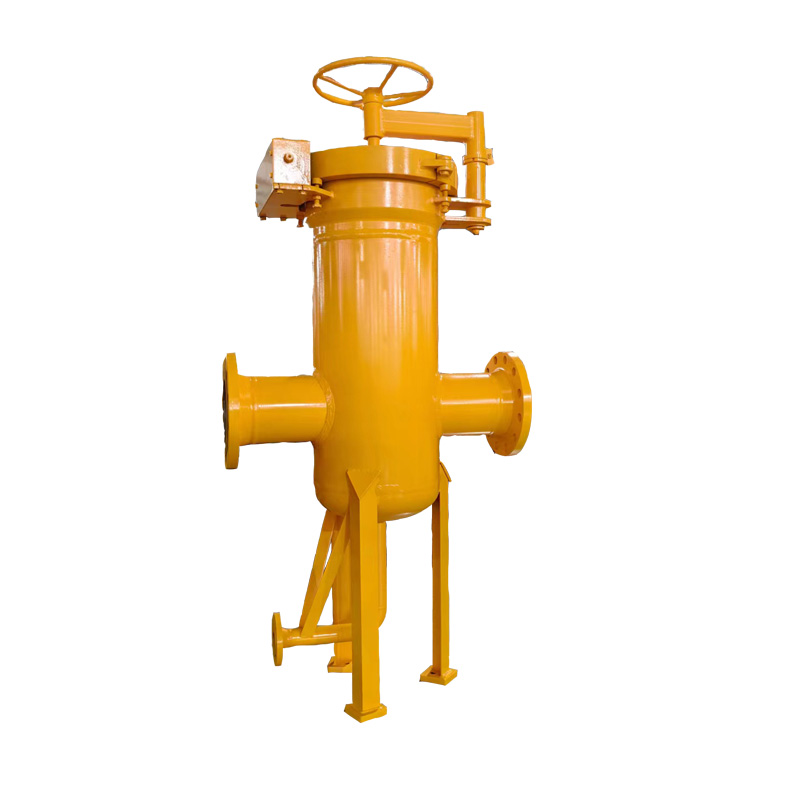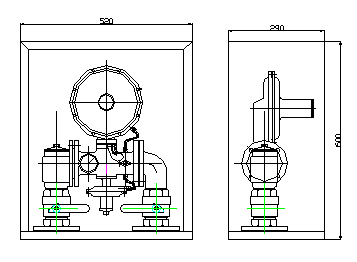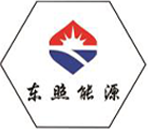There are various types of gas pressure regulators, each suited for specific applications. The two main categories of regulators are single-stage and two-stage regulators. Single-stage regulators are typically used in low-pressure applications where the pressure difference between the source and the output is minimal. They are straightforward and cost-effective, making them suitable for many residential and light commercial applications.







